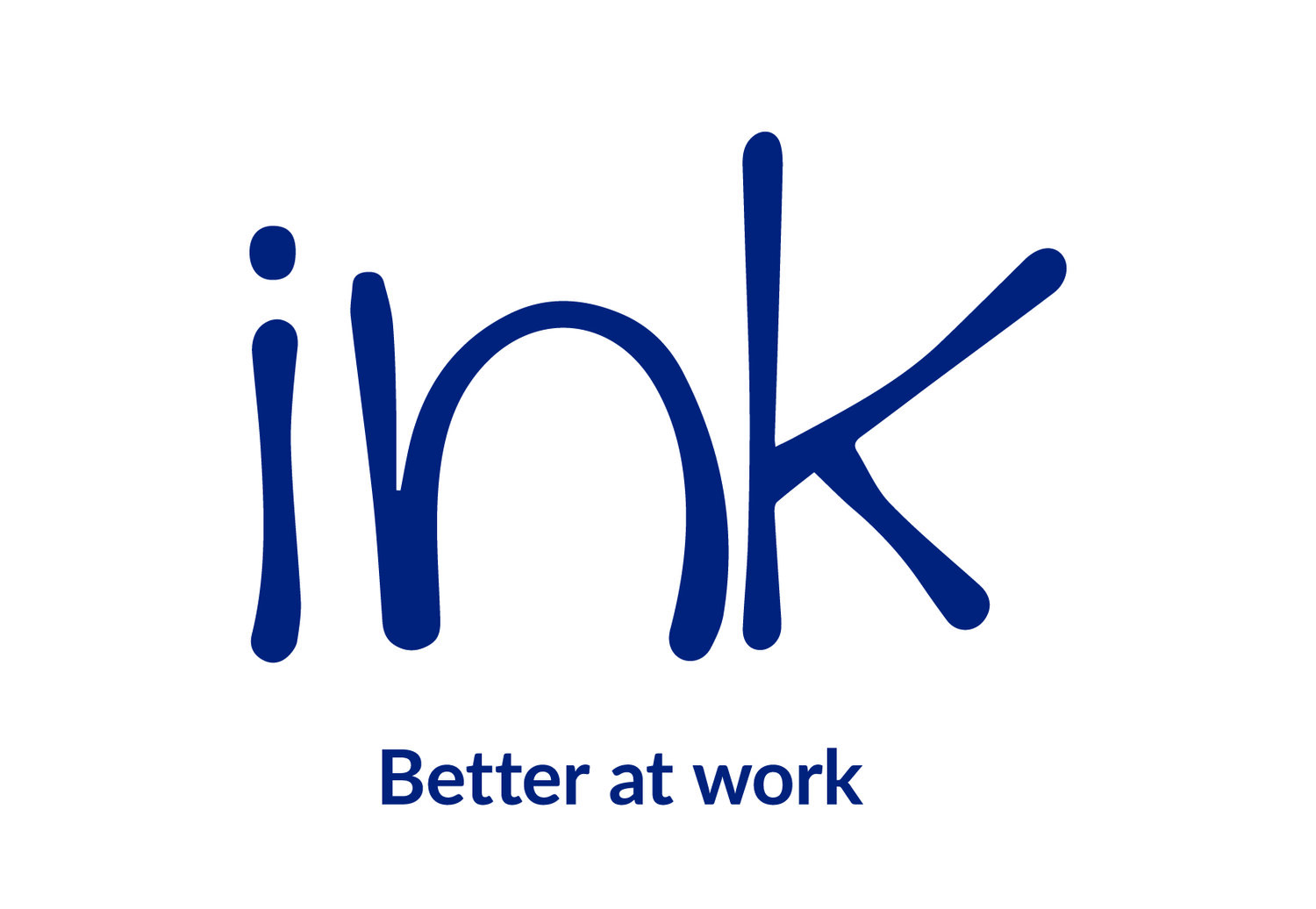
More about our business and the services that we offer.
HR - FAQs
Can you help us to manage our basic HR administration?
Yes, this is part of our HR Managed Services. We use online software and create a unique self-service HR file for each of your employees. The file holds personal information, job details, working time and holiday entitlement, pay and benefit information and full employment history. Employees use the software to request leave and to access their employment documents – their Contract, for example, and your Company policies.
We provide an ‘absence line’ so that your employees can report unexpected absences (sickness, dependants’ leave, etc) directly to us. We record it correctly into the system and notify you.
Are you able to assist us with a specific HR project?
We can support you with project work – redundancy consultation, performance frameworks, etc. We prioritise the delivery of this work for our Managed Services clients as we believe that our pre-existing partnerships with them enables us to work really efficiently.
Do you spend time at our premises/onsite?
Our services are delivered remotely – this helps to keep the costs down for you, as we are focused on efficiency. We can, of course, visit you onsite (when allowable) but this will usually be for project work (e.g. a Health & Safety audit) or to facilitate a face-to-face formal meeting (disciplinary or grievance). We have continued to deliver our services throughout the Coronavirus pandemic – as far as our clients and their employees are concerned, there has been absolutely no business interruption.
How much does it all cost?
It costs a fraction of the cost of employing someone to do your HR (whether full-time or part-time). You have no employment costs, no downtime for holiday/sickness, and no additional expenditure for training or software. Once we know what you are looking for, it’s easy for us to give you a quote for our services. Take a look at how our services compare on a cost-basis with your current HR spend.
Workplace Pensions - FAQs
What types of Workplace Pension will you advise on?
We only advise on work based Defined Contribution (DC) pension schemes. This includes both Trust-based and Contract-based arrangements. We don’t advise on individual pension arrangements such as SIPPs and we don’t advise on Defined Benefit (DB) pension schemes.
Can you review or recommend a new pension provider for us?
Yes, this is the work that we most frequently carry out through our annual Workplace Pension Governance and Audit services, and our Scheme Review service. We are completely independent of any pension provider and can recommend schemes from the whole of the workplace DC market. A list of our approved providers can be found our Our Partnerships page.
Is your advice regulated?
The Ink Group is a trading style of Ink Employee Benefits Ltd, which is authorised and regulated by the Financial Conduct Authority under Firm Reference Number 609071. You can find our details on the FCA register here.
Some of the advice that we give is classified as regulated advice, some is not. It is our responsibility to inform you when we provide our advice whether it is regulated or not. You can read more about this in our commercial terms document here.
Do you provide individual advice to our employees?
No, we are not individual advisers, Wealth Managers or IFAs. Whilst we spend a lot of time communicating with, engaging, and educating scheme members, we never act as their financial adviser. This is for two reasons, firstly we are specialists in the workplace and in advising companies, but also, we never want to put ourselves in a position where we see your employees as potential clients.
We work closely with a number of high-quality financial planning businesses, see Our Partnerships.
Employee Benefits - FAQs
Why do employers put in place Employee Benefits?
There are several reasons, often it is because a management team feels they want to provide certain benefits and are often driven by a desire to protect employees and their families. It could be to attract talent to a business or retain key staff for the long term. It could also be because they have listened to their staff and want to put in place benefits that are highly valued and motivating.
Download our guide to Designing an Employee Benefits Strategy here.
Do we need to provide the same benefits for everyone?
Not necessarily. You can have different benefits for different groups and job levels, but you must ensure there is no discrimination. You need to consider the different types of employee you have in your organisation, and ideally create a mix of benefits that suits as many people as possible.
Alternatively, you could create an employee benefits programme with a degree of flexibility, which would allow employees to choose their benefits within a set budget. Download our guide to the different working generations here.
Are Employee Benefits taxed for employees?
It depends. Some benefits attract a Benefits in Kind liability, others do not. As a general rule, the premiums for healthcare related benefits are taxable (Private Medical Insurance, Health Cash Plans etc.), whereas the premiums for other insurances are not. Some benefits are very tax-efficient, such as Workplace Pensions, the Ride to Work scheme and Ultra Low Emission Vehicles (ULEVs) as they attract both Income Tax and National Insurance relief.
How much do benefits cost?
It really does depend on a lot of factors. Clearly the more comprehensive the insurance cover the higher the costs. Several factors go into the pricing of a benefit – industry type, geographical location, employee demographics and the desired cover levels.
Some benefits don’t cost anything in cash terms, just time to design and manage, for example flexible working plans. Other benefits carry a significant cost and a clear business case (or legal requirement) will need to be in place, for example Private Medical Insurance and Workplace Pensions.
You will also need to consider the cost of advice, broking and benefits administration in your total spend.
Payroll - FAQs
How much does outsourcing Payroll cost?
It does depend on a few factors such as the size and complexity of your company, and the range of services you want to outsource.
If you have under 100 employees, we charge on a per payslip basis with a small monthly service fee in addition. If you have over 100 employees, we charge on a fixed fee per month basis, agreed with you and based on your specific requirements. Contact us to arrange a quote.
Our payroll business is about added value, we never compete on price.
Can you administer our Workplace Pension and Auto Enrolment compliance?
Yes, this is one of the main features of Ink’s payroll function. As regulated pension advisers we have always had a deep understanding of Workplace Pensions and auto enrolment compliance. Our Payroll team collaborate regularly with our Pensions team to share knowledge and improve client outcomes.
We manage all assessments, calculate contributions, send all statutory correspondence, and then manage your pension administration directly with your provider.
Do you have an online portal we can access?
Yes, we are a cloud-based payroll provider, we encourage clients, both HR, Finance and employees to engage digitally using our various portals. This reduces risk, increases efficiency and improves the user experience of outsourcing.
What about P11d and Payrolling Benefits?
As you can imagine, as a regulated advisory firm specialising in Employee Benefits and insurances, we are very experienced in managing both P11d submissions and the newer, digital option of Payrolling Benefits.
As Payrolling Benefits is managed as part of your monthly processing, we only charge a small setup fee and no ongoing costs for this. We recommend to all clients with taxable benefits in kind to opt for Payrolling Benefits.





